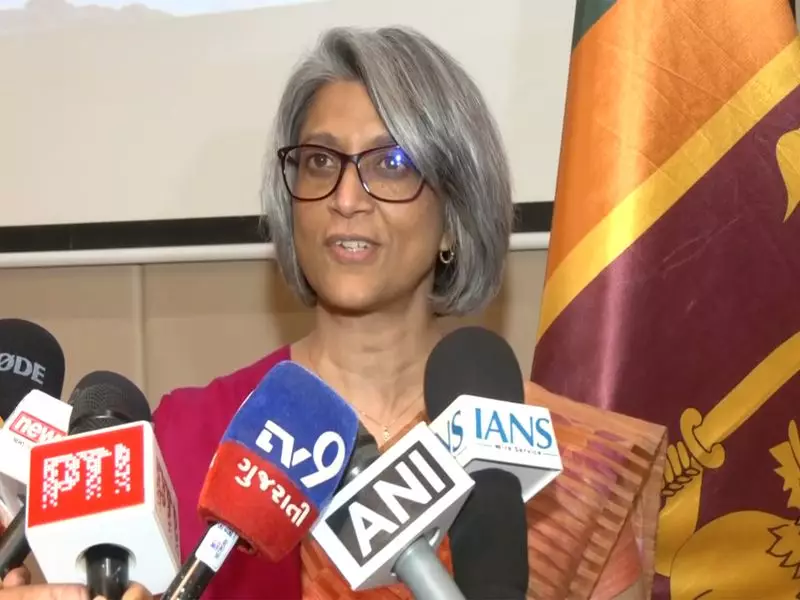
Sri Lanka is actively studying the groundbreaking Gujarat model of development as part of its comprehensive strategy to rebuild and revitalize its economy, according to a significant revelation from the island nation's top diplomat in India. The acknowledgment came directly from Sri Lankan High Commissioner Milinda Moragoda during a recent high-profile interview.
The Gujarat Blueprint for National Recovery
High Commissioner Moragoda provided detailed insights into Sri Lanka's economic recovery plans, emphasizing that the Gujarat development model has become a crucial reference point for policymakers in Colombo. The seasoned diplomat explained that Sri Lanka's government has been meticulously examining how the western Indian state achieved remarkable economic transformation under Prime Minister Narendra Modi's leadership during his tenure as Gujarat's chief minister.
The Gujarat model represents a comprehensive approach to development that combines infrastructure modernization, industrial growth, agricultural innovation, and effective governance. Moragoda highlighted that Sri Lankan officials have been particularly impressed by how Gujarat attracted substantial investments while improving social indicators and maintaining political stability.
Deepening India-Sri Lanka Economic Partnership
The High Commissioner's comments came against the backdrop of strengthening bilateral relations between India and Sri Lanka, with economic cooperation emerging as a central pillar. Moragoda stressed that Sri Lanka views India not just as a geographical neighbor but as an essential partner in its journey toward economic stability and sustainable development.
Moragoda elaborated on the strategic thinking behind this approach, noting that Sri Lanka needs to build a resilient economy capable of withstanding global shocks and internal challenges. The country experienced a severe economic crisis in 2022 that led to shortages of essential commodities and political upheaval, making economic reforms even more urgent.
Practical Implementation and Knowledge Exchange
The High Commissioner revealed that the knowledge transfer extends beyond theoretical study to practical implementation strategies. Sri Lankan officials have been engaging with their Indian counterparts to understand the specific policies, governance structures, and implementation mechanisms that made the Gujarat model successful.
Moragoda emphasized that while Sri Lanka intends to learn from Gujarat's experience, the approach will be tailored to suit Sri Lanka's unique cultural, social, and economic context. The adaptation process will consider Sri Lanka's specific challenges and opportunities, ensuring that the implemented strategies align with national priorities and capabilities.
This development signifies a growing trend of South-South cooperation, where developing countries learn from each other's successful experiences rather than relying exclusively on Western models. The Gujarat model's emphasis on combining economic growth with social development appears particularly relevant to Sri Lanka's current needs as it works to stabilize its economy while addressing poverty and inequality.
The High Commissioner's statements indicate that Sri Lanka's economic recovery strategy involves multiple international partnerships, with India playing a particularly important role due to geographical proximity, cultural affinity, and shared economic interests. This approach represents a pragmatic recognition of the interconnected nature of regional economies in South Asia.






